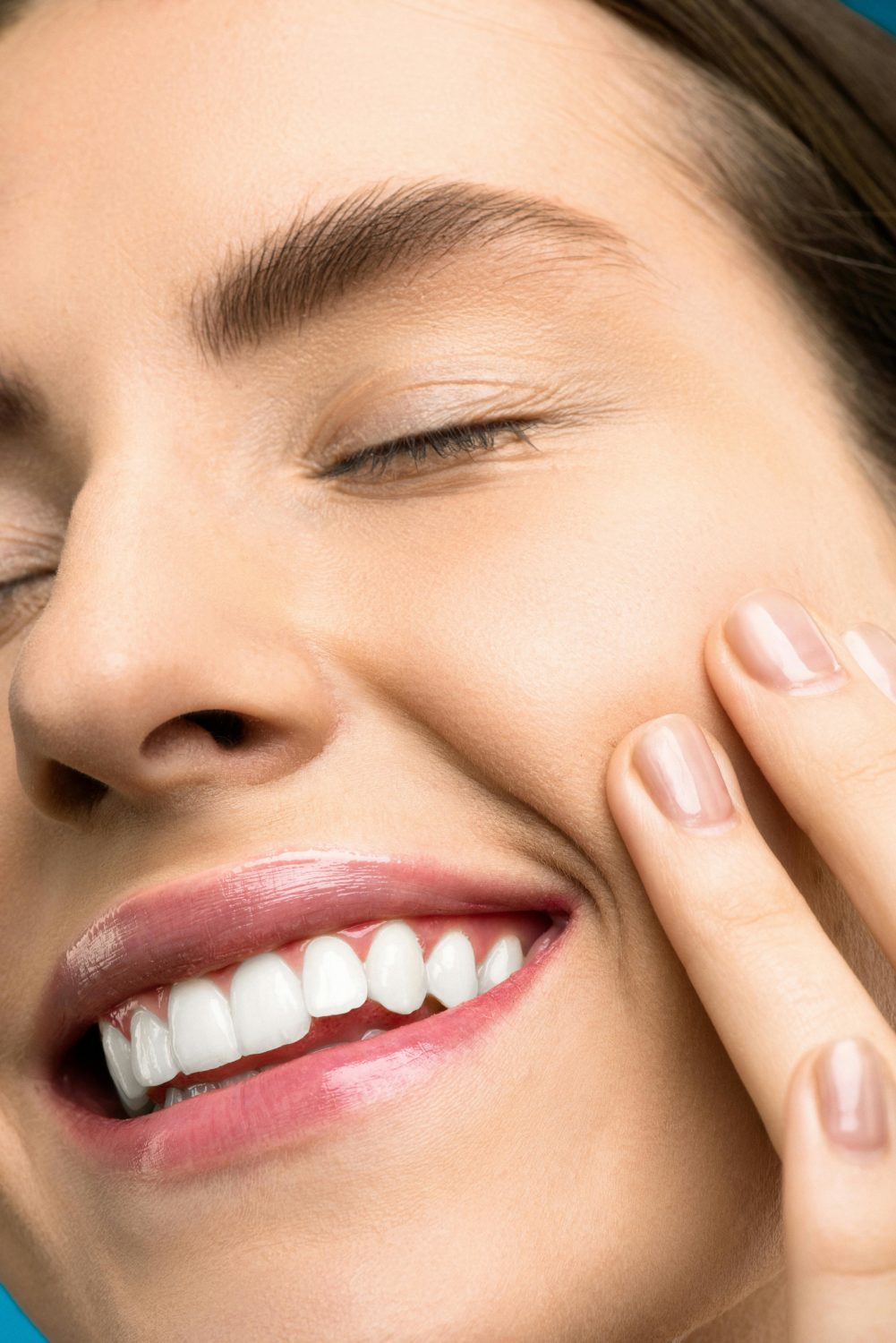Maintaining optimal dental health isn’t just about having a dazzling smile; it’s about ensuring overall well-being. A healthy mouth can prevent numerous health issues and even boost your confidence. For young women aiming to keep their teeth in top-notch condition, following these dental health tips can make a world of difference.

The Importance of Regular Dental Check-ups
Visiting your dentist regularly is crucial. These appointments help you catch potential issues before they become serious problems. Think of it as an investment in your long-term health. During these visits, your dentist can provide professional cleanings, spot early signs of decay, and offer personalized advice.
Preventative Care
Preventative care includes regular brushing, flossing, and using mouthwash. These habits reduce the risk of cavities and gum disease. Your dentist may also recommend fluoride treatments or sealants to further protect your teeth.
Professional Cleanings
Even with impeccable home care, plaque and tartar can build up in hard-to-reach areas. Professional cleanings remove these deposits, preventing them from causing gum disease or cavities. Make sure to schedule these cleanings every six months.
Early Detection
Dentists can identify issues like cavities or gum disease in their early stages. Early treatment is typically less invasive and more effective. Regular check-ups ensure that any problems are addressed promptly.
Pay Attention to Decay
Decay can cause severe damage if not treated promptly. Keeping an eye out for early signs can save you time, pain, and money in the long run. Early microscopic detection of decay and new techniques that conserve tooth structure and bone allows dentists to provide long-lasting and beautiful results, as explained on the www.atlantasmiles.com website. Regular dental check-ups can help catch these early signs. If you notice any sensitivity or pain, don’t wait—see your dentist right away.
Brush and Floss Daily
Brushing and flossing are the foundation of good dental hygiene. They’re simple habits that can have a big impact on your oral health.
Brushing Techniques
Use a soft-bristled toothbrush and fluoride toothpaste. Brush at least twice a day for two minutes each time. Make sure to reach all surfaces of your teeth, including the fronts, backs, and chewing surfaces.
Flossing Benefits
Flossing removes plaque and food particles from between your teeth which a toothbrush can’t reach. It’s essential for preventing cavities and gum disease. Aim to floss at least once a day.
Mouthwash
Using an antibacterial mouthwash can help reduce plaque, fight gum disease, and freshen your breath. Swish it around your mouth for the recommended time, usually 30 seconds, before spitting it out.
Choose the Right Diet
Your diet plays a significant role in your dental health. Certain foods can strengthen your teeth, while others can contribute to decay.
Teeth-Friendly Foods
Eating a balanced diet rich in fruits, vegetables, lean proteins, and dairy products can benefit your teeth. Foods high in calcium and phosphorus help keep your teeth strong and healthy.
Limit Sugary Snacks
Sugary and acidic foods can erode enamel and lead to cavities. Limit your intake of sugary snacks, sodas, and fruit juices. If you do indulge, brush your teeth afterward or rinse your mouth with water.
Hydration
Drinking plenty of water helps wash away food particles and bacteria. It also stimulates saliva production, which naturally protects your teeth from decay.
Symptoms to Watch For
Common signs of decay include tooth sensitivity, pain when biting, or visible holes in your teeth. If you experience any of these symptoms, schedule an appointment with your dentist.
Treatment Options
Depending on the severity, treatments may include fillings, crowns, or root canals. Early detection often means less invasive treatment. Your dentist will discuss the best options for your situation.
Preventative Measures
Sealants, fluoride treatments, and maintaining good oral hygiene can help prevent decay. Regular check-ups and cleanings are also essential in preventing issues before they become severe.
Protect Your Teeth During Sports
If you’re active in sports, protecting your teeth is vital. Mouthguards can prevent injuries that might require extensive dental treatment.
Custom-Fit Mouthguards
Custom-fit mouthguards, made by your dentist, offer the best protection. They fit snugly and comfortably, providing optimal safety for your teeth and gums.
Store-Bought Options
While custom-fit guards are ideal, store-bought options can also provide protection. Make sure to choose one that fits well and is comfortable to wear.
Proper Use and Care
Rinse your mouthguard before and after each use. Store it in a ventilated case to keep it clean and dry. Avoid exposing it to high temperatures, which can cause it to warp.
Maintaining optimal dental health is essential for your overall well-being. By following these tips, you can keep your teeth and gums healthy, prevent future issues, and enjoy a beautiful smile for years to come. Remember, regular dental check-ups, good oral hygiene, a balanced diet, and avoiding harmful habits are key to achieving and maintaining excellent dental health.







